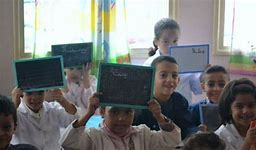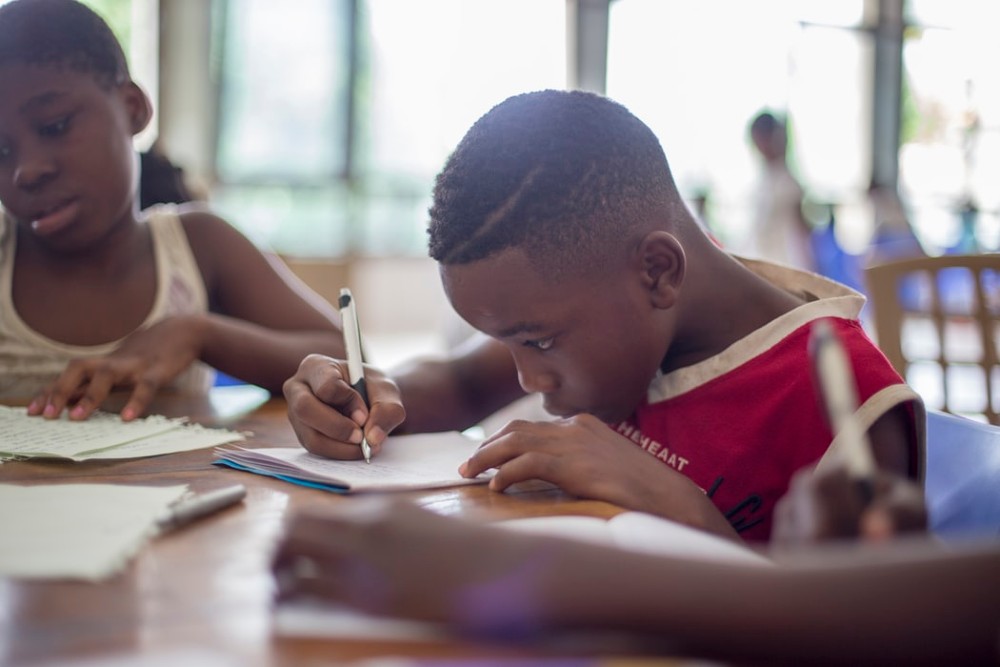Over 1.5 billion young learners have been affected by the closing down of their learning institutions, Experts are bewildered on how global education system has been pulled down in approximately 6 months. There are ongoing concerns about the education future, with eLearning remaining the only answer being touted.
USAID funds eLearning projects in Morocco
In Rabat, the ministry of Education had already got funding from USAID, reiterated that eLearning remains the answer to the current situation. Over a million learners in Morocco have accessed the online studying solution with live education sessions being broadcast on national television, giving the Moroccan students the opportunity for uninterrupted studying.
The projects that were funded by USAID trained Moroccan education–related experts on innovation in education and they were deployed to answer to Morocco’s urgent need for the creation of eLearning content after the onset of the contagious virus. USAID worked closely with the education ministry in the process of creating digital courses and an online studying solution, collab.ma.
According to Mr. Abdullatif, the head of the eLearning project, the Education Ministry has taken up ownership rights of the solution and has assured its development with eyes set on expanding it for it to offer more eLearning courses. The experience gathered by experts during the distance learning project enabled them to work for long hours to innovate content that would be broadcast on national television and education portals.
Distance learning opportunity in Morocco
Online education courses were put together into a solution called Collab.ma. The ministry has taken up Collab.ma to be the distance learning opportunity in Morocco.
With the help of USAID, experts in the eLearning field have worked extra hard to make online learning courses rendering Morocco as one of the most prepared African countries with online learning solutions amid COVID–19. Mr. Abdullatif hailed the Collab.ma leadership and continued dedication in as the country grappled with the provision of digital learning material for the students through the ministerial education website.
According to Mr. Fergoug, COVID–19 has necessitated having e–learning provisions to make sure that students are not left behind in their quest to acquire education, especially the disadvantaged local youths in the Moroccan rural areas. He also reiterated that the majority of the influencers and the policy formulators were not averse with the fact before the outbreak of the virus.
Curriculum development of reading for success initiative
USAID has reassured the ministry of Education that it will continue its investments on eLearning while working closely with the Ministry of Education towards enabling reliance through digital learning and development of online teacher’s curriculum on its reading for success initiative.
eLearning is also one of the objectives for new partnerships between USAID and the teacher education sector in Moroccan which seeks to include teachers learning programs.
Featured image credits: Bing







